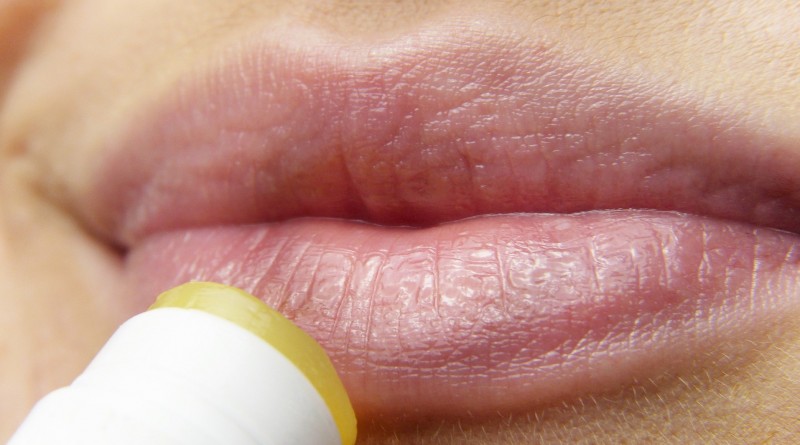Cold sores can be quite bothersome and uncomfortable, but understanding their causes and treatments can help you manage and alleviate the discomfort they bring. In this article, we'll delve into what cold sores are, the factors that trigger them, and the various treatment options available for effective relief.
What are Cold Sores?
Cold sores, also known as fever blisters, are small, fluid-filled lesions that typically appear on or around the lips, although they can also develop on other areas of the face. These sores are caused by the herpes simplex virus (HSV), specifically the HSV-1 strain. The initial infection often occurs during childhood and remains dormant in the body until triggered by various factors.
Understanding Cold Sore Triggers
Several factors can trigger the reactivation of the herpes simplex virus and lead to the development of cold sores:
- Stress: Emotional stress weakens the immune system, making the body more susceptible to viral reactivation.
- Sun Exposure: Overexposure to sunlight can trigger cold sore outbreaks, as ultraviolet (UV) rays weaken the skin's defense against viral reactivation.
- Illness: Cold, flu, and other infections can compromise the immune system and trigger the recurrence of cold sores.
- Hormonal Changes: Fluctuations in hormones, such as those occurring during menstruation, can lead to cold sore outbreaks.
- Injury: Physical trauma to the lips or face can trigger an outbreak in areas where the skin is damaged.
Effective Treatments for Cold Sores
When it comes to treating cold sores, there are several options available to help alleviate symptoms and speed up the healing process:
- Antiviral Creams: Over-the-counter antiviral creams can help reduce the severity of cold sores and promote faster healing.
- Prescription Medications: In some cases, a healthcare provider may prescribe antiviral medications to help manage and prevent cold sore outbreaks.
- Pain Relievers: Over-the-counter pain relievers like ibuprofen or acetaminophen can help ease the discomfort associated with cold sores.
- Cold Compresses: Applying a cold compress to the affected area can reduce inflammation and provide temporary relief.
- Lip Balms: Moisturizing lip balms containing sunscreen can help protect the lips from UV rays and prevent cold sore triggers.
- Natural Remedies: Some individuals find relief using natural remedies like aloe vera gel, lemon balm, or tea tree oil.
Preventive Measures
Taking steps to prevent cold sore outbreaks can be just as important as treating them. Consider the following preventive measures:
- Sun Protection: Regularly apply lip balm with sunscreen to protect your lips from sun exposure.
- Stress Management: Practice stress-reduction techniques such as meditation, yoga, or deep breathing.
- Healthy Lifestyle: Maintain a balanced diet, exercise regularly, and get enough sleep to support a strong immune system.
- Avoid Trigger Factors: Identify and avoid factors that trigger your cold sore outbreaks.
- Hygiene: Wash your hands frequently, and avoid touching your face to prevent the spread of the virus.
Cold sores can be uncomfortable, but with a better understanding of their triggers and effective treatments, you can manage outbreaks more effectively. Whether through antiviral creams, medications, or preventive measures, taking action can lead to quicker healing and reduced discomfort.
Dispelling the widespread misconceptions about STIs
How is the leg numbness brought on by spinal stenosis treated?
12 Significant Health Facts You Were Never Informed Of
